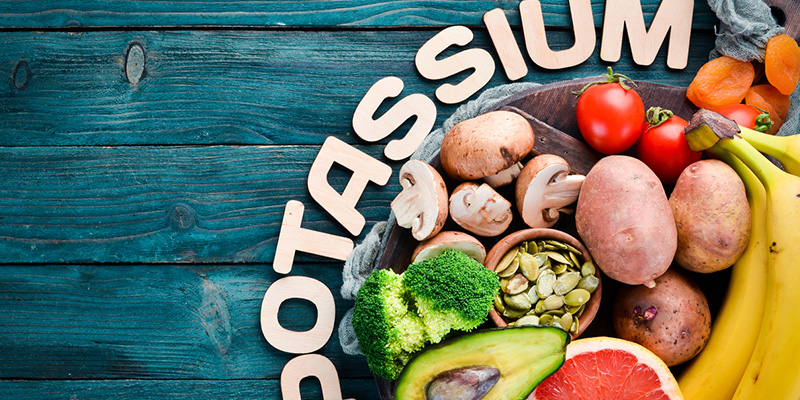Women who eat bananas, salmon and avocado could mitigate the effects of consuming salt and reduce their risk of heart attack, research has found.
A diet rich in potassium has been linked to lower blood pressure, with the best results seen in women who eat a lot of salt.
Study author Professor Liffert Vogt, from Amsterdam University Medical Centers, said: “It is well known that high salt consumption is associated with elevated blood pressure and a raised risk of heart attacks and strokes.
“Health advice has focused on limiting salt intake but this is difficult to achieve when our diets include processed foods. Potassium helps the body excrete more sodium in the urine. In our study, dietary potassium was linked with the greatest health gains in women.”
The World Health Organization’s recommendation is that adults consume at least 3.5 grams of potassium a day, and less than 2 grams of sodium (5 grams of salt). Foods that are high in potassium include vegetables, fruit, nuts, beans, dairy products and fish.
The study, which has been published in the European Society of Cardiology’s European Heart Journal, included almost 25,000 participants aged from 40 to 79-years-old. They completed questionnaires on their lifestyle, while blood pressure and urine tests were carried out.
Researchers found that in women, their blood pressure went down as their intake of potassium increased. When the link was examined in the context of the amount of salt consumed, the relationship was only seen in women with high salt intake – there was no association in the male participants.
At follow up, which was usually at 19.5 years, just over half of the participants had died or were in hospital due to cardiovascular disease. The research team looked at the link between potassium consumption and cardiovascular events, and found that those with the highest levels of potassium intake had a 13% lower risk of cardiovascular events compared to those with the lowest levels.
Professor Vogt said: “The results suggest that potassium helps preserve heart health, but that women benefit more than men. The relationship between potassium and cardiovascular events was the same regardless of salt intake, suggesting that potassium has other ways of protecting the heart on top of increasing sodium excretion.
“Our findings indicate that a heart healthy diet goes beyond limiting salt to boosting potassium content. Food companies can help by swapping standard sodium-based salt for a potassium salt alternative in processed foods. On top of that, we should all prioritise fresh, unprocessed foods since they are both rich in potassium and low in salt.”
Read the study in full in the European Heart Journal.




